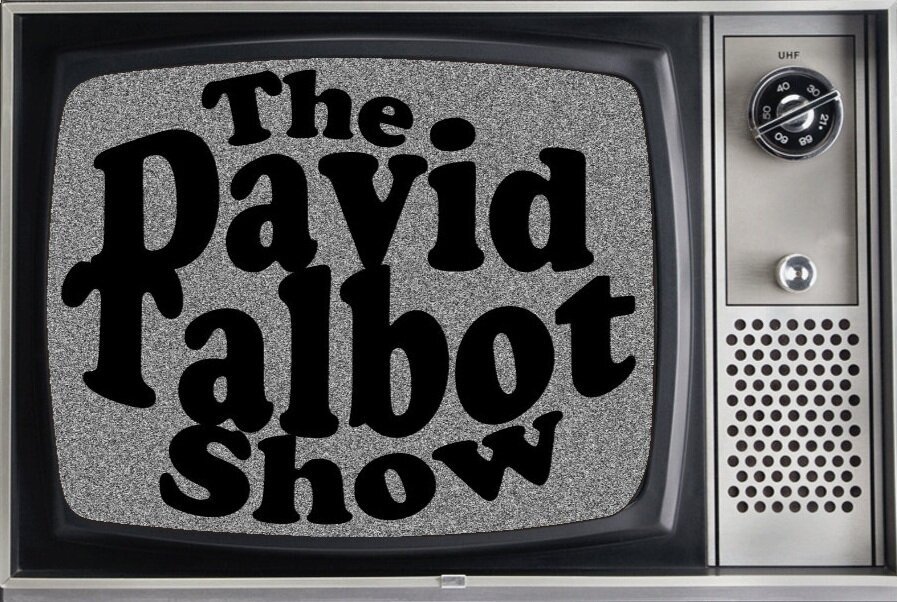The Mysterious Greatness of “For No One”
"For No One"... it's one of the greatest pop songs ever written. And according to Paul McCartney's new book, Lyrics, it came to him (though it's also credited, per their songwriting deal, to John Lennon), "out of the blue. It's not so much that I compose them; they arrive.
"It's something magical," Paul continues in the book, "and sometimes there's more meaning in it than even you thought there was, but the cosmos wants you to put these words down because they will explain something to someone. Starting with yourself."
As Paul writes, after a five-year relationship he thought would result in marriage, he was breaking up at the time he wrote the song with model-actress Jane Asher. (Before you dismiss Asher as a beautiful lightweight, you should see her in the stunning indie movie from back then called "Deep End.")
The song's lyrics are coldly crystalline -- they have the simple, awful clarity you get when you're losing someone you deeply loved.
Your day breaks
Your mind aches
You feel that all her words of kindness linger on
When she no longer needs you
She wakes up
She makes up
She takes her time and doesn't feel
she has to hurry
She no longer needs you
And in her eyes you see nothing
No sign of love behind the tears cried for no one
A love that should have lasted years
It's not just love that evaporates... it's creative genius. Even though he wrote songs as a Beatle (but primarily on his own) like "For No One,," "Eleanor Rigby" and "Here, There and Everywhere," McCartney -- who is now nearly 80 -- wrote no songs that come close to their ineffable beauty as a solo artist or as Wings frontman. Not one in over 50 years. Sure, there have been some good tunes (as a Beatle completist, I think I've listened to every Paul McCartney recording, and have downloaded quite a few.) Trust me, not one song he's released in the past half century approaches the magical artistry of "For No One."
The McCarney Syndrome, as I call it, fascinates me. Why do some artists (most?) have a limited run -- while others produce great work late into their lives? Even though he wrote many of the Beatles masterpieces largely on his own, McCartney apparently needed the creative fusion, mostly with Lennon -- but with George Harrison, Ringo Starr, and "fifth Beatle" producer George Martin, too. This odd but wonderful chemistry is on display in Peter Jackson's fascinating, epic documentary, "Let It Be."
Btw, I received the massive, two-volume McCartney book from my wife, Camille, as a Christmas present. At age 67, she's finishing a page-turning biography of Fanny and Robert Louis Stevenson, two of the original bohemian hipsters. (And RLS was adored by John Lennon too.) And I'm writing (at age 70) a screenplay -- one that wells up from somewhere deep and mysterious every day. So maybe in old age we'll defy the McCartney Syndrome.
A final note... Paul -- being upbeat Paul -- illustrates his pages on "For No One" not with a photo of him and Asher, but of him with the woman who would become his first wife, Linda Eastman, whom he met shortly after breaking up with Asher.
But here's a fun fact -- as Paul alludes to in the book, he remained on close terms with Asher and the illustrator she ended up marrying, Gerald Scarfe. Their charming son Rory, who went into book publishing, escorted me around London to bookstores when his British imprint published my book on JFK and RFK, "Brothers."
McCartney and Asher

